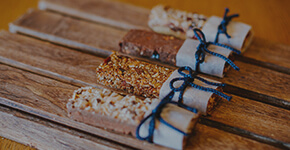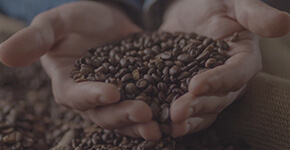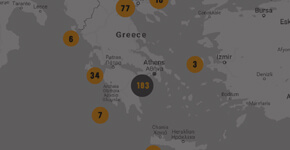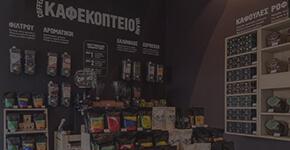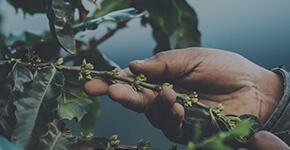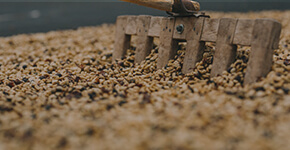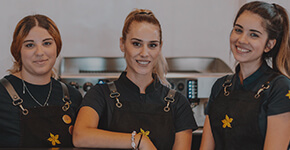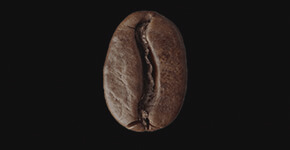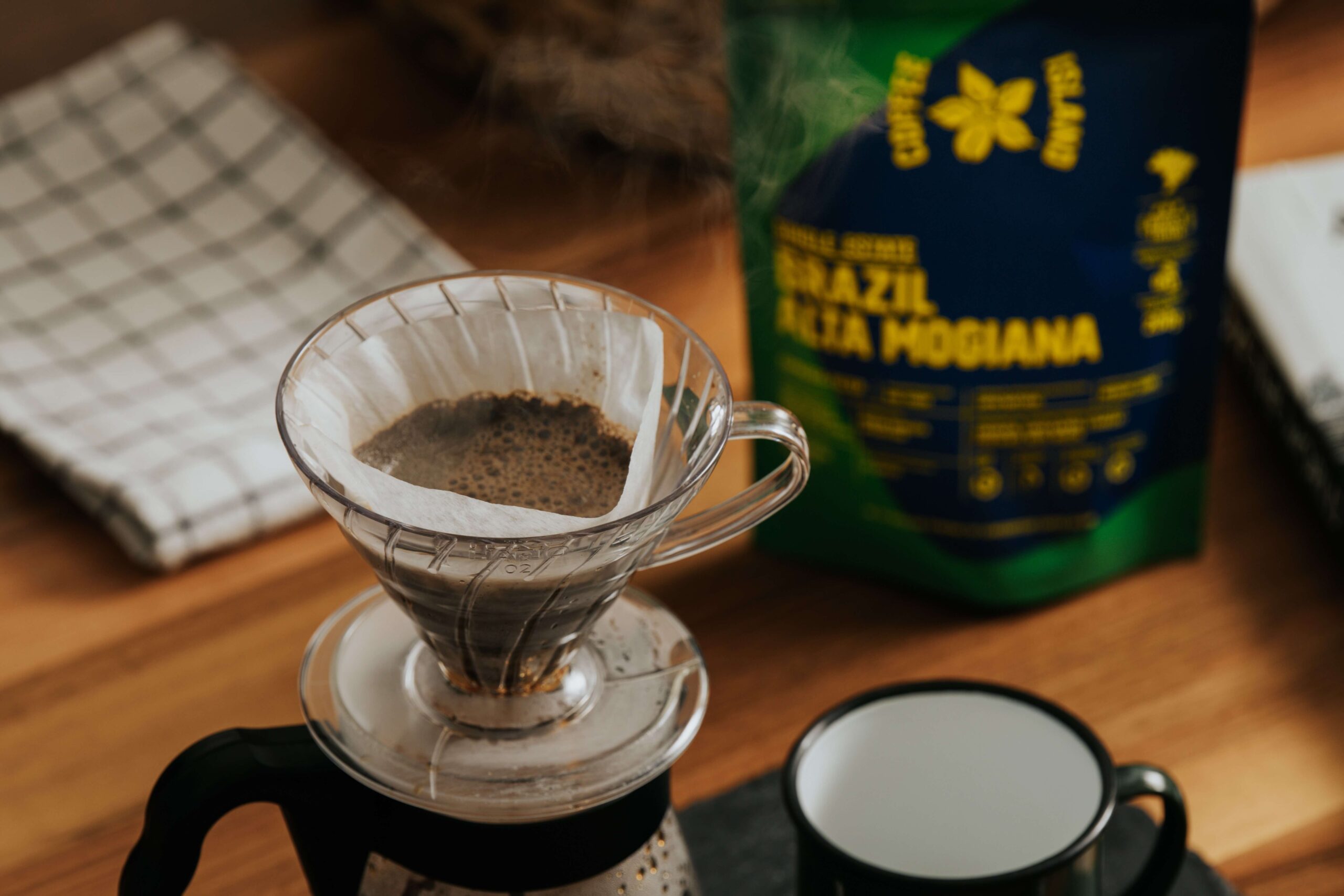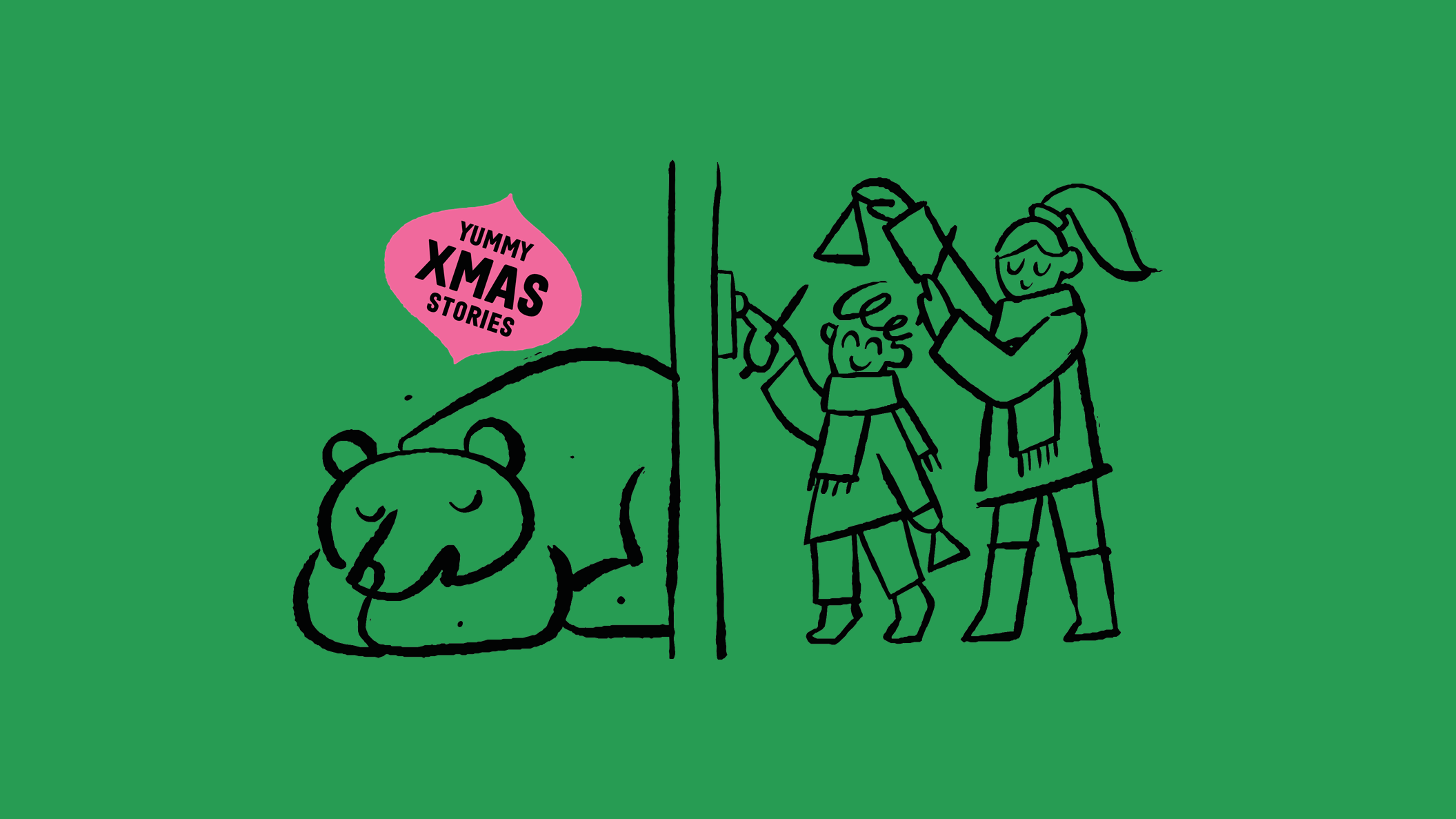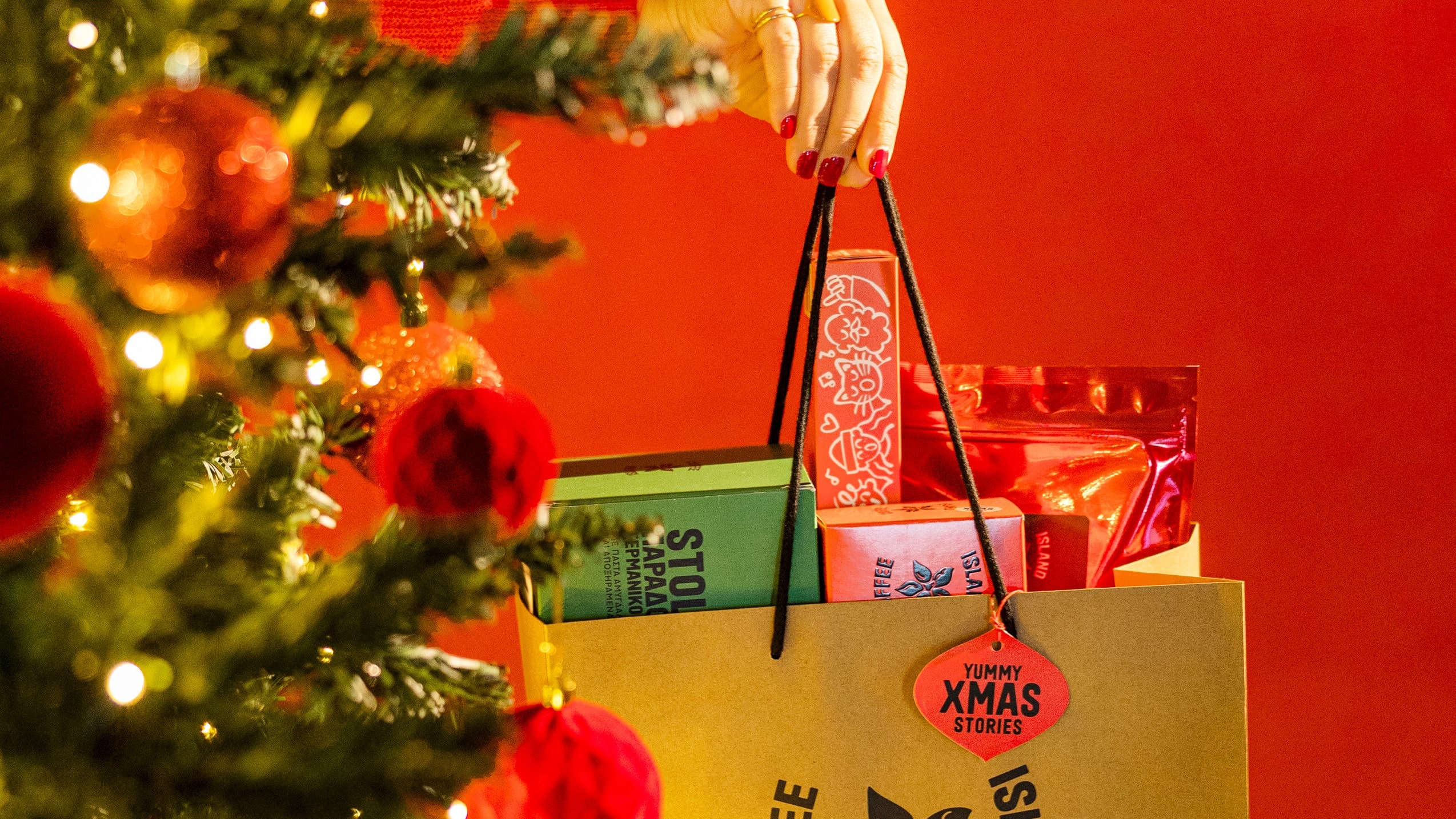Coffee is ready! It’s the best time of day. You raise your mug and enjoy a specialty coffee, that both in taste and aroma is a brand-new experience. This feeling you get, is our reward for an effort that led us to travel thousands of miles.
Because before this coffee even started its journey to become a real specialty coffee, we had already traveled to Brazil, Nicaragua, Ethiopia and wherever else needed in order to find the crop and producer that shares the same passion for coffee with us.
Specialty coffees come from areas where you can find the best conditions for farming quality coffee and their quantities are extremely limited. This occurs because the producer, must give special attention to one farm in particular, or one section of it and in the farming methods and techniques, harvesting and processing. The micro-climate of each area, “terroir” including sunshine, moisture, altitude and variation in temperature, dirt and slope play a significant role in the characteristics each coffee acquires.
From then on the journey of quality coffee begins. During this journey a lot can happen that can affect the final product and turn it from a specialty coffee into a regular commercial coffee.
The producer must show attention to each factor. Planting a tree at the right season, collecting the seeds when it is necessary and carefully processing them, taking great care in each unique detail. Specialty coffees are collected by hand, one fruit at a time, so that the farmer can be certain that only the ripe fruit is picked at the right time, when they reach the correct size and when all the necessary conditions are met. A small amount of extra moisture or a larger amount of time in the fermentation tank, can make the coffee lose each one of its precious characteristics.
The condition might be great but your coffee still isn’t ready! Because even though all boxes are checked, it still is at the middle of the process of being called specialty coffee.
But what is specialty? What does the word, that has been used with increased frequency over the last eight years, really mean? And what makes a specialty coffee unique when compared to a commercial coffee?
Specialty means exceptional, unique, distinctive. For coffee, it refers to something that is truly special.
Specialty coffee does not occur through a competition or merely subjective taste; it is not a fashion or a trend. Neither is it just a catchy name to be used for marketing. It is something that we can really objectively measure.
How do we measure it? Coffee is evaluated through testing on a scale from one to 100. To pronounce a coffee “specialty coffee”, it needs to achieve a score of over 80. (The testing in question is cupping, during which a standard procedure is followed in order to rate aroma, taste, aftertaste and the body of each coffee).
This evaluation is objective, as the official evaluators are qualified Q- Graders. The Q- Grader certification is given by the Coffee Quality Institute (CQI) and to become an evaluator, you have to successfully go through a series of 23 tests that measure the way you recognize the characteristics and evaluate each coffee. This diploma is not for life, but requires an update every three years, by taking repeat exams. Most importantly each individual comes in direct contact (calibration) with other evaluators from around the world, so that a common language, terms and grading method can be used globally. Whether or not a coffee is pleasing, is a highly subjective matter, but the characteristics of each coffee (volume and quality of aromas, taste intensity, etc.) are objective and calculable, based on directions from SCAA and CQI.
Coffee must have no serious flaws. A serious flaw is any factor that alters the taste or aroma of coffee. eg. the presence of rotten beans or any insect infection to the beans or fruit.
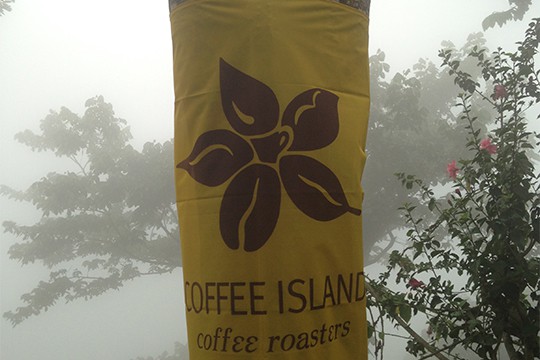
At Coffee Island, we believe that a specialty coffee promises greater artistry but also carries a larger responsibility. It puts us on a continuous search to come in personal contact with farmers and workers of farms we cooperate with. It ensures that we roast, grind and brew with great care, artistry, attention to detail and a respect for the work of the micro-farmers and the quality of the coffee. Our thoughts and efforts are exclusively dedicated to the journey of the bean from every corner of the world straight to your cup, so you can enjoy your favourite time of day!
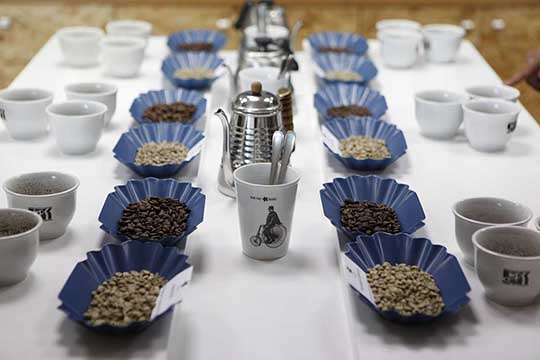
In Greece, there are currently 6 active Q-Graders and 4 of them work for Coffee Island. Care and artistry is needed for each coffee to achieve a high score, but what is also needed, is the devotion that Coffee Island gives to coffee.
George Alaniadis
R&D Department
Coffee Island




